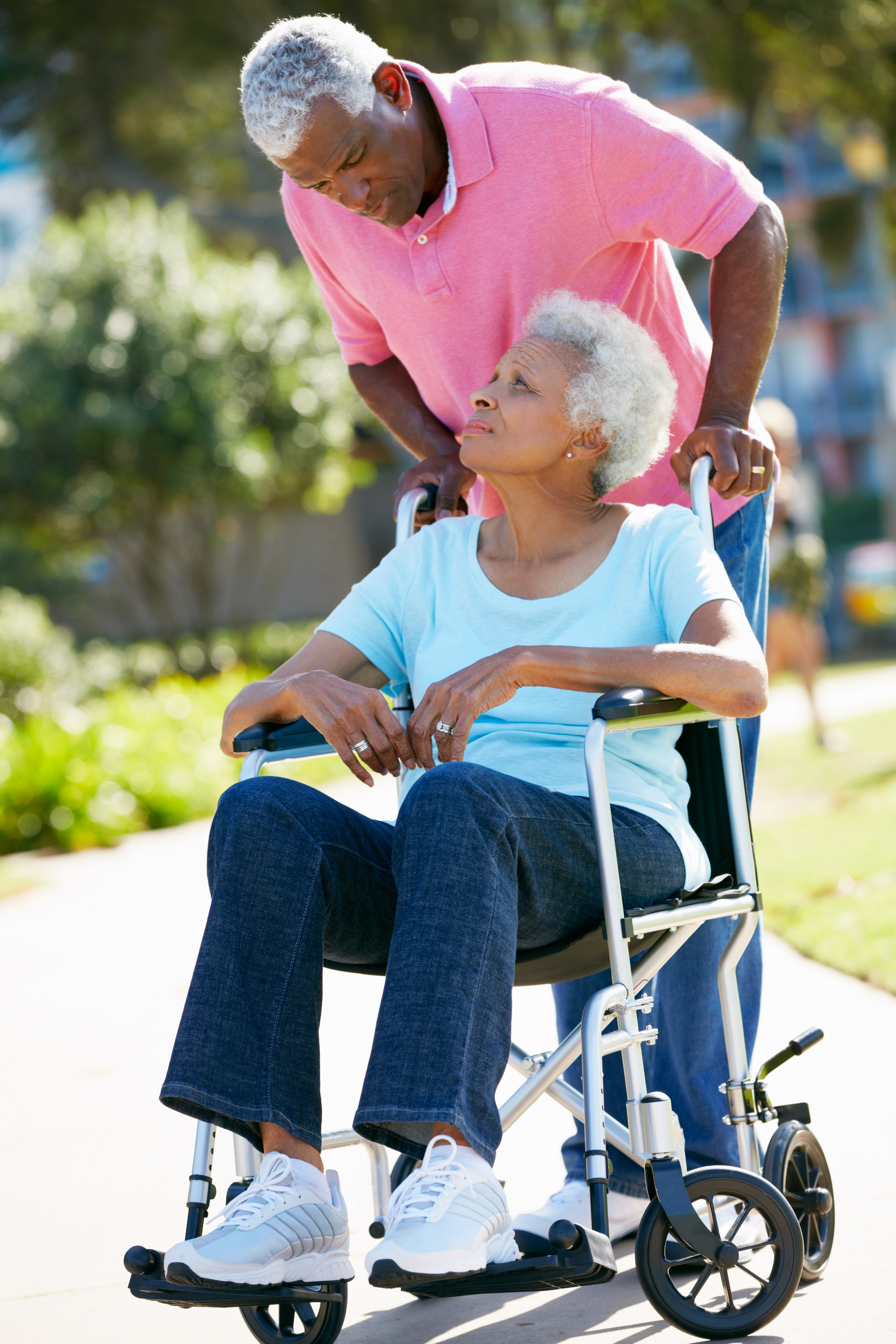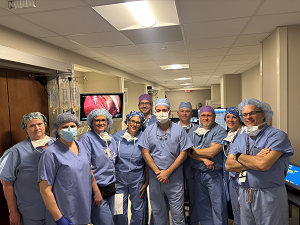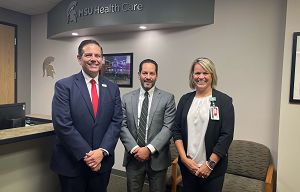Family Caregivers Need to Look Out for Their Own Health

DETROIT - A new report from the Centers for Disease Control classifies family caregiving as a public health priority and declares that family caregivers’ health is at risk.
According to the report, which appeared Feb. 21 in the CDC's Morbidity and Mortality Weekly Report, nearly 1 in 5 of the nearly 18 million Americans who provide informal, unpaid care may be in fair or poor health. The report was based on a three-year survey of 252,000 people in 44 states and seeks to determine caregivers’ needs and ways to help them fill a critical and ever-increasing role in society.
The CDC points out that while some aspects of caregiving are rewarding, there can be an increased risk for negative health consequences. They may include stress, depression, difficulty maintaining a healthy lifestyle and seeking preventive health care.
Doctors and other health care professionals are seeing the effects, and in light of the CDC’s latest report Henry Ford Health System wants to reaffirm and reiterate its support of family caregivers, support that goes back to lobbying for passage of the CARE Act in 2016. Also known as the Designated Caregiver Act, it requires patients and hospitals to name a caregiver who becomes part of the discharge and at-home care.
To further support family caregivers, Henry Ford also offers:
· Art therapy and art therapy open studio hours
· Monthly Caregiver Support Groups across metro Detroit and in Jackson
· Yoga for Caregivers
· Caregiver binder that helps caregivers stay organized
· Caregiver Concierge to answer any question
· Numerous other services and special events at Henry Ford locations and in the communities
More on programs and upcoming dates: https://www.henryford.com/visitors/caregivers
The CDC report describes informal or unpaid caregivers as “the backbone of long-term care provided in people’s homes and found that more than half of those surveyed reported that a decline in their health compromised the care they provide, among other findings.
CDC Report: https://www.cdc.gov/aging/caregiving/caregiver-brief.html
“We believe that caregivers’ dedicated focus on the people they care for along with the daily demands of family, jobs, homes and more puts the caregiver’s health in jeopardy,” says Shawn Bennis, family caregiver coordinator for Henry Ford Health System.
“We also know that a healthy caregiver is a better caregiver and that caregiver burnout is real and problematic for the caregiver and the patient,” Bennis said. “Caregivers who don’t take care of themselves can’t be the caregiver they want to be.”
It’s important to know that the CDC and Henry Ford have found that informal or unpaid caregiving is associated with:
- Elevated levels of depression and anxiety
- Higher use of psychoactive medications
- Worse self-reported physical health
- Compromised immune function
- Increased risk of early death
More and more, the healthcare industry recognizes the importance of caregivers, who make sure patients take their medications, go to doctor’s appointments and follow care plans. Caregivers are often the reason patients stay out of hospitals and nursing homes.
Henry Ford urges caregivers to take breaks, make time for yourself, ask for help.
The CDC summed up the situation this way: “Caregiving can affect the caregiver’s life in a myriad of ways including his/her ability to work, engage in social interactions and relationships, and maintain good physical and mental health. Caregiving also can bring great satisfaction and strengthen relationships, thus enhancing the caregivers’ quality of life. As the population ages and disability worsens, it is critical to understand the physical and mental health burden on caregivers, the range of tasks caregivers may perform, and the societal and economic impacts of long-term chronic diseases or disability. Gathering information on these topics enables us to plan for public health approaches to assist individuals as well as their communities and maintain the health of caregivers and care recipients.”
Contact Henry Ford CARE Program anytime at: https://www.henryford.com/visitors/caregivers/contact-request
MEDIA CONTACT: Kim North Shine / 313-549-4995 / knorth1@hfhs.org
.svg?iar=0&hash=F6049510E33E4E6D8196C26CCC0A64A4)

/hfh-logo-main--white.svg?iar=0&hash=ED491CBFADFB7670FAE94559C98D7798)









